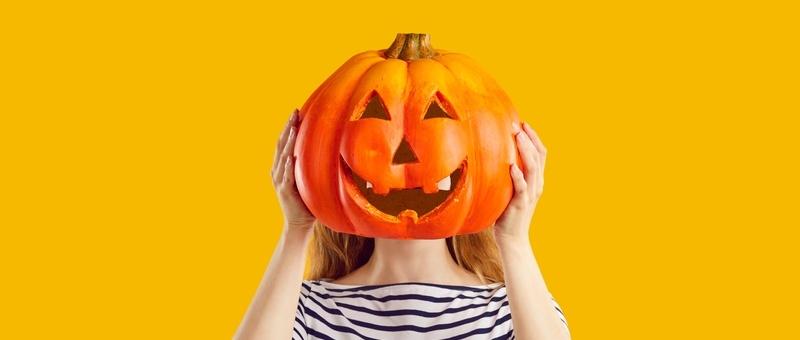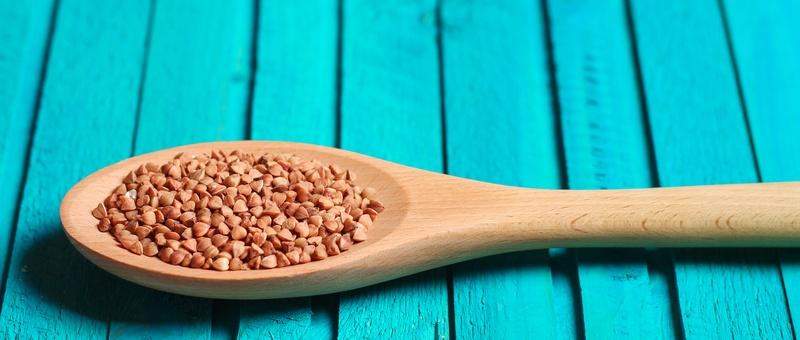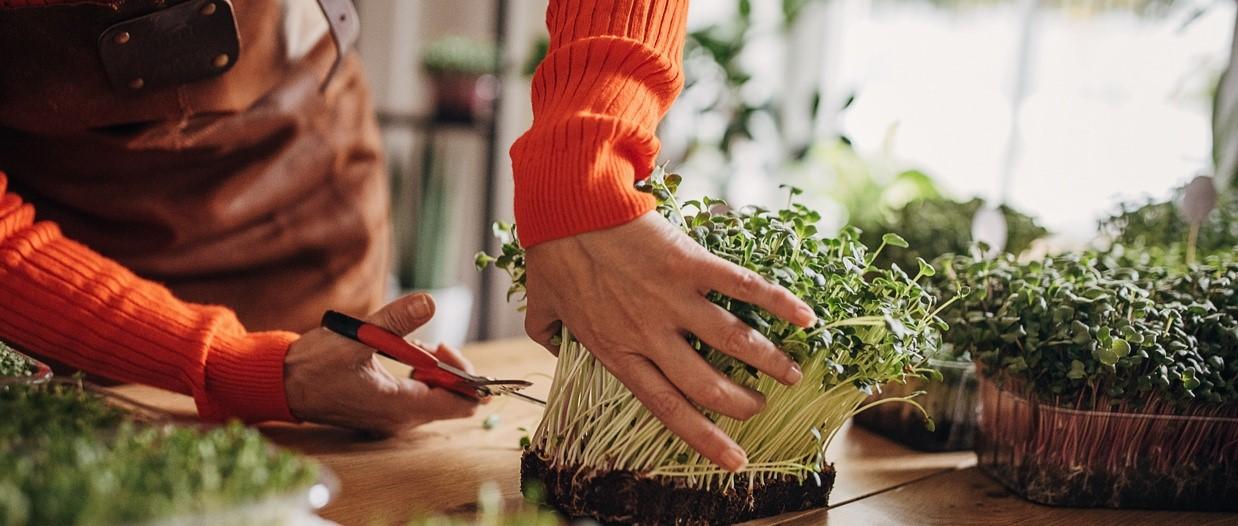
Are pumpkin seeds good for you?
Peer reviewed by Dr Colin Tidy, MRCGPLast updated by Victoria RawLast updated 15 Oct 2025
- DownloadDownload
- Share
Pumpkin seeds aren't just for Halloween. While they might remind you of carving autumn jack-o'-lanterns, many people enjoy them year-round for their health benefits. Let’s take a closer look at what pumpkin seeds have to offer and see if they deserve a permanent spot in your diet.
In this article:
Continue reading below
What are pumpkin seeds?
Pumpkin seeds are exactly what their name suggests. They're the edible seeds found inside pumpkins - a type of round squash commonly used in cooking. While pumpkin flesh can be used in a variety of recipes, the seeds themselves have gained popularity as a nutritious snack and a tasty addition to many dishes.
Devin Brittain, Registered Dietitian, University Medical Center, LCMC Health, New Orleans, USA explains that pumpkin seeds are flat, oval-shaped and usually green in colour when their white outer shell is removed.
She says that they are also rich in various nutrients that, when consumed in moderation, provide multiple health benefits.
How healthy are pumpkin seeds?
Pumpkin seeds offer a mix of valuable vitamins, minerals, antioxidants, and fibre that all support the health of your body.
According to Brittain, these include:
Protein – helps boost energy and metabolism.
Healthy fats – including omega-6, which are good for brain health and hormone production.
Magnesium – important for heart, muscle, bone health and brain function.
Zinc – supports immunity and wound healing.
Iron – helps transport oxygen in the blood, which supports energy production and a healthy metabolism.
Copper – needed for energy production and iron metabolism.
Phosphorus – essential for bones and teeth.
Antioxidants – support brain function, heart health, and boost your immune system.
Fibre - whole, unshelled seeds aid digestion and help keep a healthy gut.
Tryptophan - a precursor to melatonin that helps improve sleep.
B vitamins - boost energy and metabolism.
Continue reading below
How preparation affects pumpkin seed nutrition
Pumpkin seeds can be enjoyed in many ways, though how they’re prepared can influence their nutritional value.
Brittain explains that raw seeds retain the most nutrients, especially heat-sensitive ones with certain antioxidants and healthy fats.
"Roasting - particularly at high temperatures - can reduce some of the antioxidants and slightly degrade healthy fats," she warns. "However, lightly roasting them at a lower temperature - for example, 160°C - still preserves most nutrients and will help to make antioxidants, such as flavonoids, more absorbable."
She adds that salted or flavoured seeds may contain added sodium or sugar, which could impact their health benefits. Oil-roasted seeds may be higher in calories and less healthy if processed oils are used.
"While all forms still offer nutrition, raw or lightly roasted seeds are the most nutrient-dense options," says Brittain. "Roasted is also the most commonly seen in stores and food preparation for preference in texture, taste, and food safety."
Brittain advises that raw pumpkin seeds, though mostly safe to consume, may contain harmful bacteria that can cause foodborne illness. She recommends practising proper food safety in both instances to minimise your likelihood of infection.
Recommended daily serving of pumpkin seeds
Pumpkin seeds are good for you, but they're also high in calories. For this reason, it's important to watch your portion sizes.
Brittain recommends you eat no more than 28 grams of pumpkin seeds a day. This is equivalent to 1/4 cup of shelled seeds, or around 2 tablespoons of whole seeds with the shell.
"This amount provides a good boost of protein, healthy fats, fibre, magnesium, and zinc - with around 150 – 160 calories," she says. "Whole seeds will contain more fibre than the shelled kernels."
Continue reading below
Potential downsides to eating pumpkin seeds
Though pumpkin seeds contain a range of healthy upsides, eating too many will have some drawbacks.
Brittain says these seeds are high in fat, which means that consuming large amounts can add up to significant number of calories. This may lead to weight gain if you exceed the recommended serving size.
"Eating too many shelled pumpkin seeds may cause bloating or constipation due to their high fibre content," she says. "Flavoured or salted seeds can be high in sodium. This could be a concern for people with high blood pressure or kidney issues."
Brittain warns that although a pumpkin seed allergy is rare, it is still possible. For this reason, if you have a known seed allergy, you should avoid consuming them to prevent a potential reaction.
She advises you to moderate your pumpkin seed intake, and keep to the recommended serving sizes.
"A small daily portion is both safe and beneficial for most people," says Brittain. "Please consult your doctor or a registered dietitian for more information on specific benefits, health hazards, and concerns you may have."
Patient picks for Diet and nutrition

Healthy living
Whole grain heroes: Why eat ancient grains?
Today, there are hardly any foods we eat that haven't been modified by humans in some way. As experts discover more health benefits of the planet's most natural foods, attention has turned to a food group that hasn't been altered for thousands of years - ancient grains.
by Heather Ainsworth

Healthy living
The latest superfood - what's the fuss around microgreens?
Microgreens are the newest category of vegetable getting high-end chefs, nutritional scientists, and people who grow their own food super excited. What these miniature herbs and vegetables lack in size, they make up for in flavour and health-boosting power. Find out why you might want to grow your own microgreens, and if it's straightforward to do.
by Amberley Davis
Article history
The information on this page is peer reviewed by qualified clinicians.
Next review due: 15 Oct 2028
15 Oct 2025 | Latest version
13 May 2025 | Originally published
Authored by:
Victoria Raw

Ask, share, connect.
Browse discussions, ask questions, and share experiences across hundreds of health topics.

Feeling unwell?
Assess your symptoms online for free